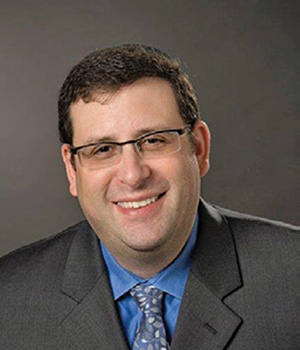
“If I speak, I am condemned…If I stay silent, I am damned!”
– Jean Valjean
In this famous scene from Les Miserables, Valjean is faced with the ultimate dilemma: If he reveals his true identity, he will likely be imprisoned, leaving hundreds of citizens in his care without a leader. If he remains silent, he will, albeit indirectly, cause an innocent man to be incarcerated for life.
It may sound overly dramatic, but we as leaders face similar situations—not daily, perhaps only a handful of times in one’s career—where we must choose which sword to die on. These are the times where either option before us appears dark. Situations when one is asked to veer from one’s set of values, for the sake of the “greater good.”
A few years ago, “Anne,” a head of a nonprofit boarding school, was faced with a similar dilemma: She was approached by an influential member of her community, who claimed that a certain student was involved in gravely negative activities and should be expelled. This student, coming from a dysfunctional family, was by no means an angel, but there were other students just as guilty. More important was that Anne knew the student was a follower and posed no threat to her peers. Anne’s value system told her that she could work with the troubled girl without jeopardizing the school culture.
Yet, Anne also knew the repercussions of her decision: She would face the anger of this prominent stakeholder, and it could potentially even cost her her job. Her community would then lose her leadership, upsetting the years of growth the school had under her watch. But how, she thought, could she let this student unjustly be the scapegoat?
This was Anne’s sword to die on. She would be pierced one way or the other, but one option was ultimately the ethical one. And, as Valjean chose the ethical way, so did Anne.
Did she lose her job? Thankfully she did not, but there were repercussions: This stakeholder pulled his funding from the school, and there were more than a few trustees who questioned her call. What’s important, however, is that she made the ethical choice that was true to herself and to her values. And that is the essence of nonprofit leadership.
By Jonathan Schick
Jonathan (Yoni) Schick is a dynamic leadership consultant and nationally known speaker who has founded two successful Jewish high schools and consulted for hundreds of organizations. As president of GOAL Consulting Group, Jonathan’s clients include the American Red Cross, United Way and the University of North Texas. He is the author of The Nonprofit Secret: Six Principles of Successful Board/CEO Partnerships. You can reach Jonathan at jds@goalconsulting.com.











